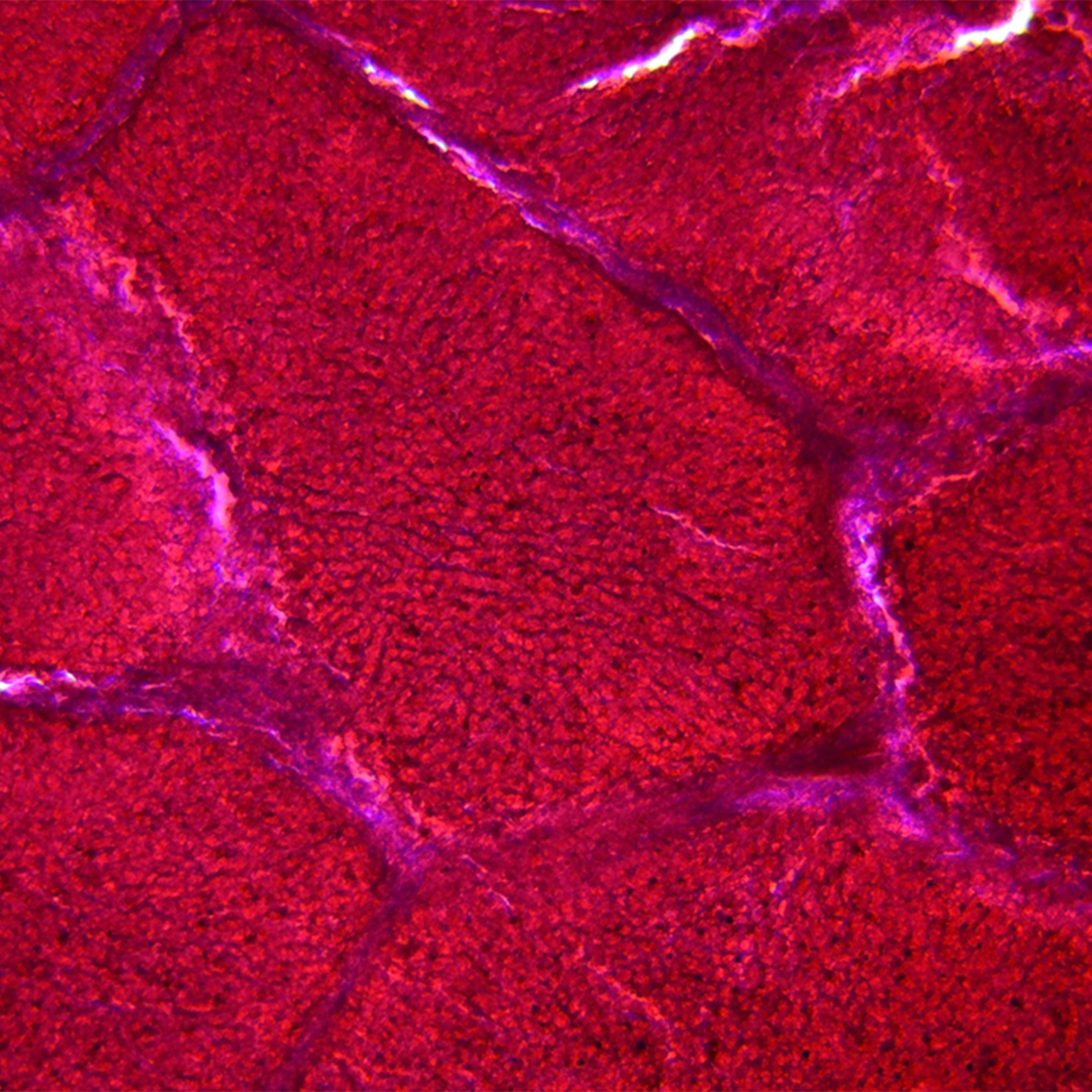
Viral Hepatitis
Treatments
Treatment for hepatitis varies, depending on the type and severity of the disease.
Hepatitis A Treatment
There is no specific therapy for acute hepatitis A infection. Therefore, prevention is the key. An effective vaccine is available and recommended for anyone with liver disease. It also is recommended for people planning to travel to areas of the world where sanitation may be less than optimal.
Before receiving the vaccine, the patient usually will have a blood test to check whether antibody to the virus is present already, in which case vaccination is unnecessary.
Hepatitis B Treatment
About 25 percent of people with chronic hepatitis B can be cured with a drug called pegylated interferon-alpha, which is taken as a weekly injection for six months. The alternative is suppression of the virus with oral medications, such as lamivudine and adefovir. Suppression is recommended for patients with elevated viral levels and evidence of advancing liver disease.
In people with a possible exposure to hepatitis B, such as health care workers and sexual partners of infected persons, an effective vaccine exists and is recommended. In addition, transmission of hepatitis B from mother to newborn largely can be prevented by vaccinating the infant and administering hepatitis B immune globulin.
Hepatitis C Treatment
Currently, the most effective therapy for hepatitis C is a drug combination consisting of pegylated interferon and ribavirin. Pegylated interferon is taken weekly as an injection and ribavirin is a twice daily tablet. The treatment is a form of chemotherapy and the ability to tolerate it varies widely for each person.
A patient's response will depend on the particular type of hepatitis C, known as the "genotype." In the U.S., genotypes 1, 2 and 3 account for most cases. Interferon-ribavirin cures about 40 percent of genotype 1 cases and 80 percent of cases with genotype 2 or 3. Other factors that improve a patient's chances of cure include low viral level, normal liver function and normal weight.
In most people, interferon-ribavirin causes flu-like symptoms with muscular aches, irritability, loss of appetite and depression. Rashes and hair loss also may occur. Interferon and ribavirin both reduce blood cell counts, which may require dose reduction or discontinuation of treatment. Regular laboratory testing during the treatment is essential.
Some people find they cannot continue to work on this regimen, which lasts either 48 weeks for genotype 1 or 24 weeks for genotypes 2 and 3. Finally, the cost of the medication is high, making insurance coverage essential.
Liver Transplantation
Liver transplant may be an option for people whose hepatitis progresses to liver failure and who fail to respond to treatment or cannot tolerate treatment. Currently, almost one half of all liver transplants in the U.S. are performed for end-stage hepatitis C.
The evaluation for a transplant is complex and generally requires several months. Therefore, even patients who feel well should be referred for a transplant at the first sign of liver failure, or if they have advanced liver disease diagnosed by X-Ray studies or liver biopsy.
UCSF Health medical specialists have reviewed this information. It is for educational purposes only and is not intended to replace the advice of your doctor or other health care provider. We encourage you to discuss any questions or concerns you may have with your provider.
Treatments we specialize in
-

Living Donor Liver Transplant
The liver's unique ability to regenerate itself enables life-saving transplants.
Learn more -

Liver Transplant
Liver transplantation can be a life-saving option for patients with end-stage liver disease. Learn what happens during the evaluation, surgery and recovery.
Learn more











